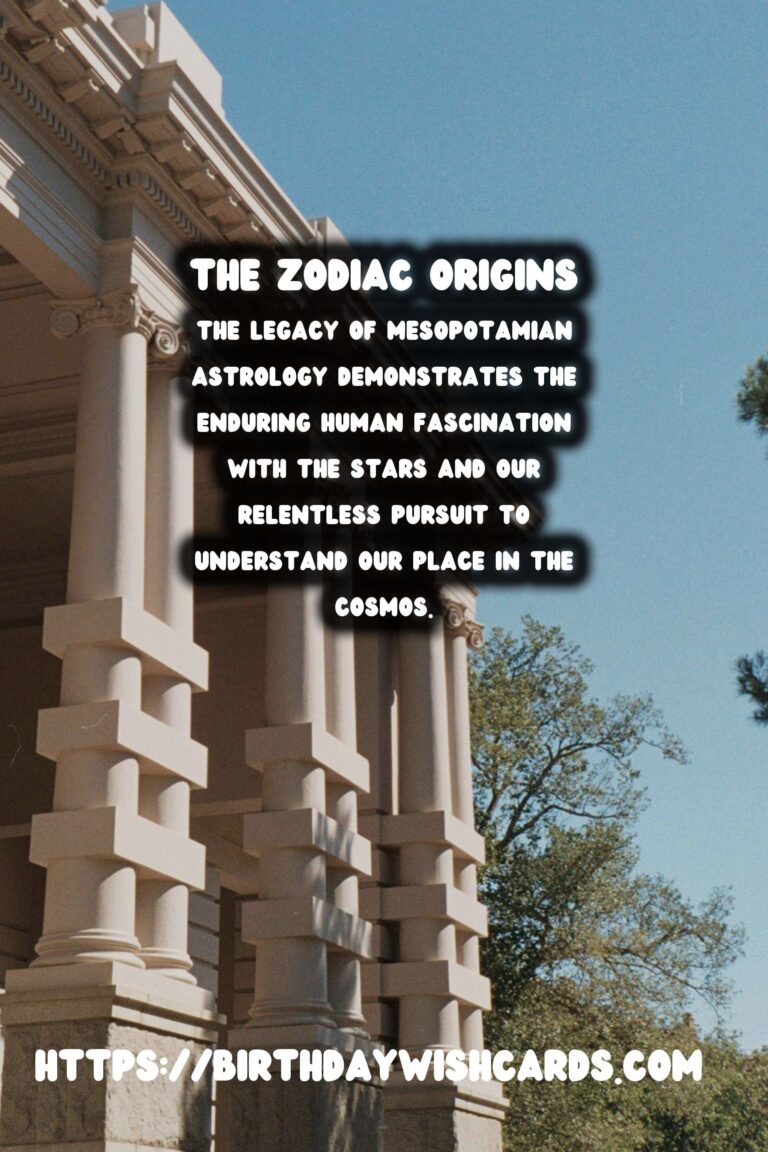
The fertile crescent of ancient Mesopotamia, nestled between the Tigris and Euphrates rivers, is often hailed as the cradle of civilization. Among its myriad contributions to the modern world, one of the most fascinating is its profound influence on the development of astrology.
Understanding Ancient Mesopotamia
Mesopotamia, known for being home to some of the earliest civilizations such as the Sumerians, Akkadians, Babylonians, and Assyrians, boasted innovations in writing, law, and art. However, its astronomical and astrological advances remain a rich area of intrigue.
The civilization’s physical location provided clear night views of the stars, prompting the ancients to study celestial patterns meticulously. These studies not only bore astrological significance but also laid the groundwork for future astronomical sciences.
The Birth of Astrology in Mesopotamia
It is Mesopotamia that we first see the development of astrology as a structured scientific and metaphysical practice. The Sumerians were among the first to note the wanderings of the planets and record them in a systematic way, interpreting celestial events as reflections of or influences on terrestrial events.
The Babylonian period marked a more sophisticated era of astrological practices. Astrologers employed an intricate system of omens, using celestial observations to make predictions on everything from political power shifts to agricultural yields.
Notable Contributions
Among the enduring influences of Mesopotamian astrology is the zodiac system that modern astrologers still use. The Babylonians were the first to divide the sky into twelve distinct parts, each associated with a zodiac sign. These signs were linked to different constellations along the ecliptic path.
Mesopotamian scholars also devised early horoscopes, offering personalized insights based on the positions of stars and planets at an individual’s time of birth. This practice evolved into the personalized astrology prevalent today.
Influence on Later Cultures
The legacy of Mesopotamian astrology can be seen in various later cultures, including ancient Greece, where astrology was further systemized and integrated into a widespread philosophical framework. Greek astronomers like Ptolemy expanded on Mesopotamian ideas, cementing their place in history.
Astrological Practices and Social Impact
Astrology in ancient Mesopotamia was not merely a scholarly pursuit; it was woven into the very fabric of society. Rulers often consulted astrologers to forecast impending disasters or success in ventures, which impacted economic and political decisions significantly.
This practice positioned astrologers as influential figures within their communities, blending metaphysical insight with power dynamics of the time.
Conclusion
The story of astrology’s evolution is incomplete without acknowledging the pioneering efforts of ancient Mesopotamian culture. Their celestial observations paved the way for a greater understanding of the universe and laid foundational elements of astrology that are still revered in contemporary practice. The legacy of Mesopotamian astrology demonstrates the enduring human fascination with the stars and our relentless pursuit to understand our place in the cosmos.
The fertile crescent of ancient Mesopotamia, nestled between the Tigris and Euphrates rivers, is often hailed as the cradle of civilization. The legacy of Mesopotamian astrology demonstrates the enduring human fascination with the stars and our relentless pursuit to understand our place in the cosmos. 


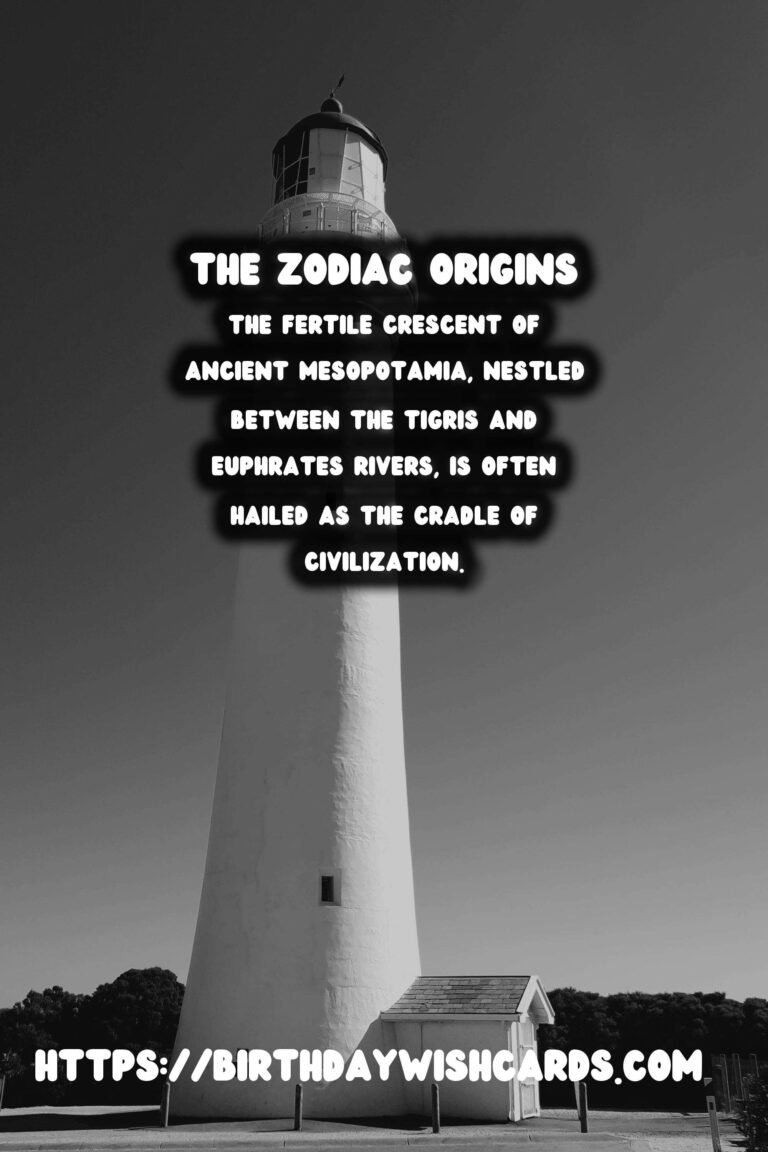
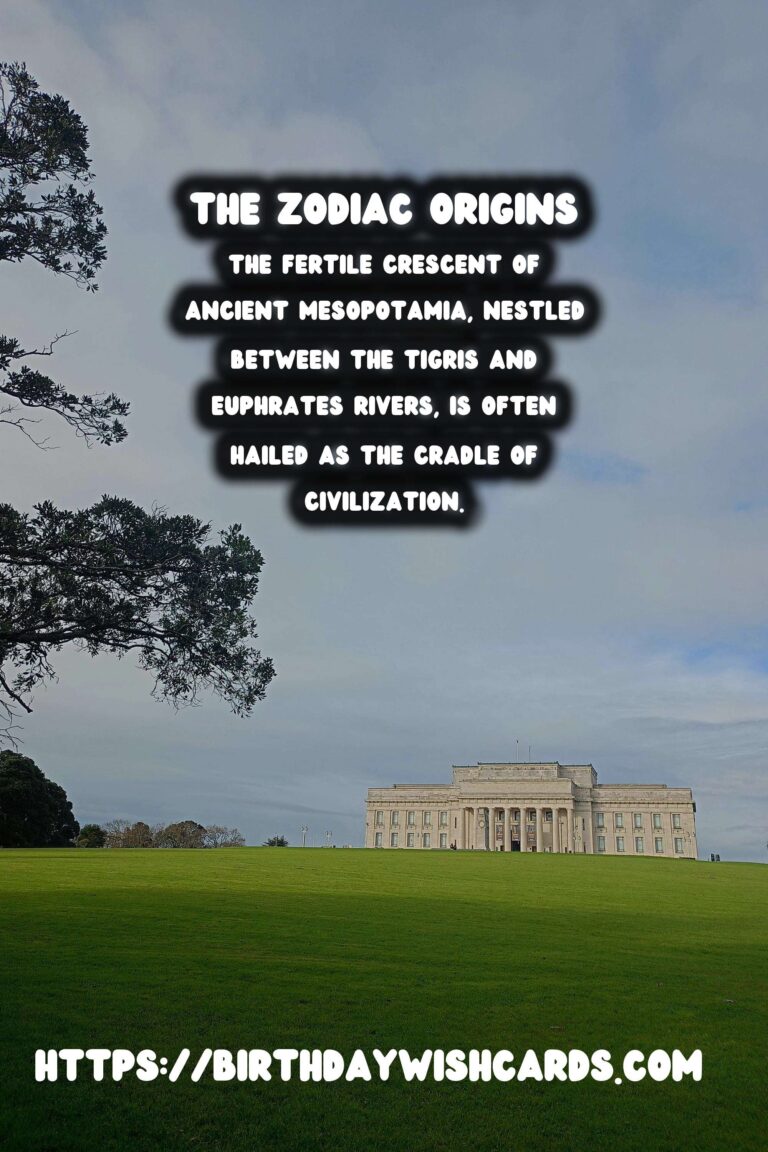
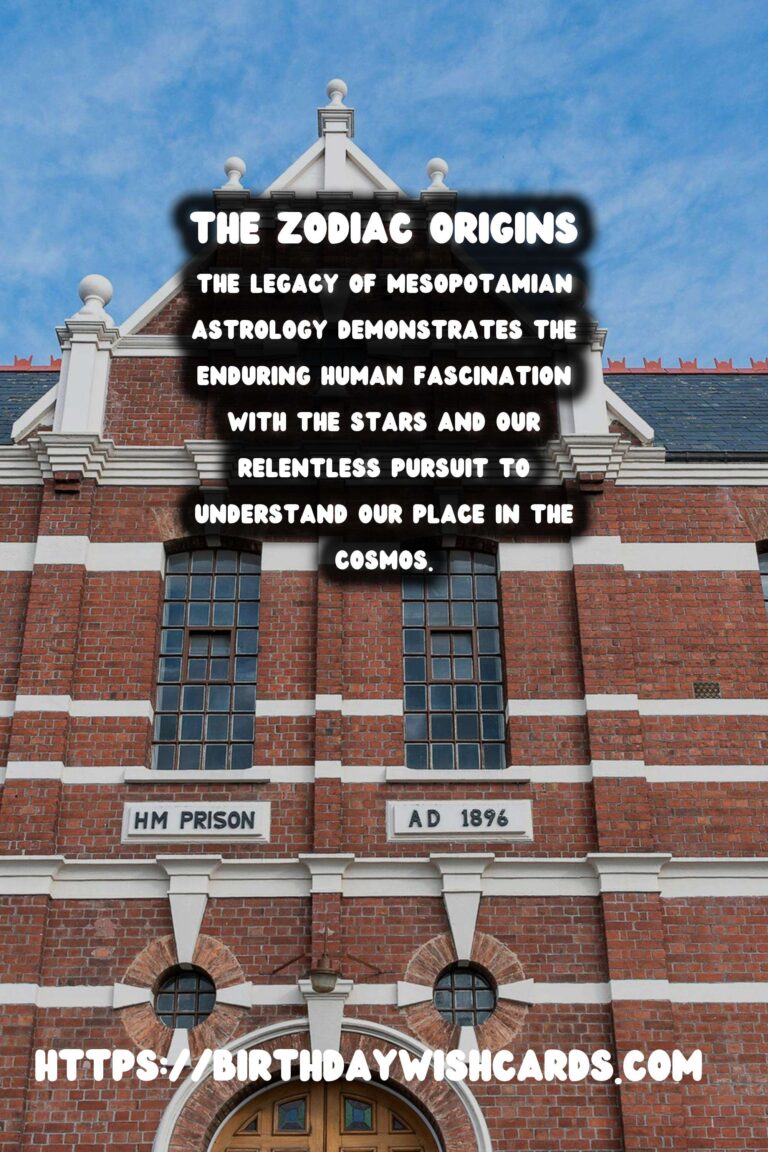

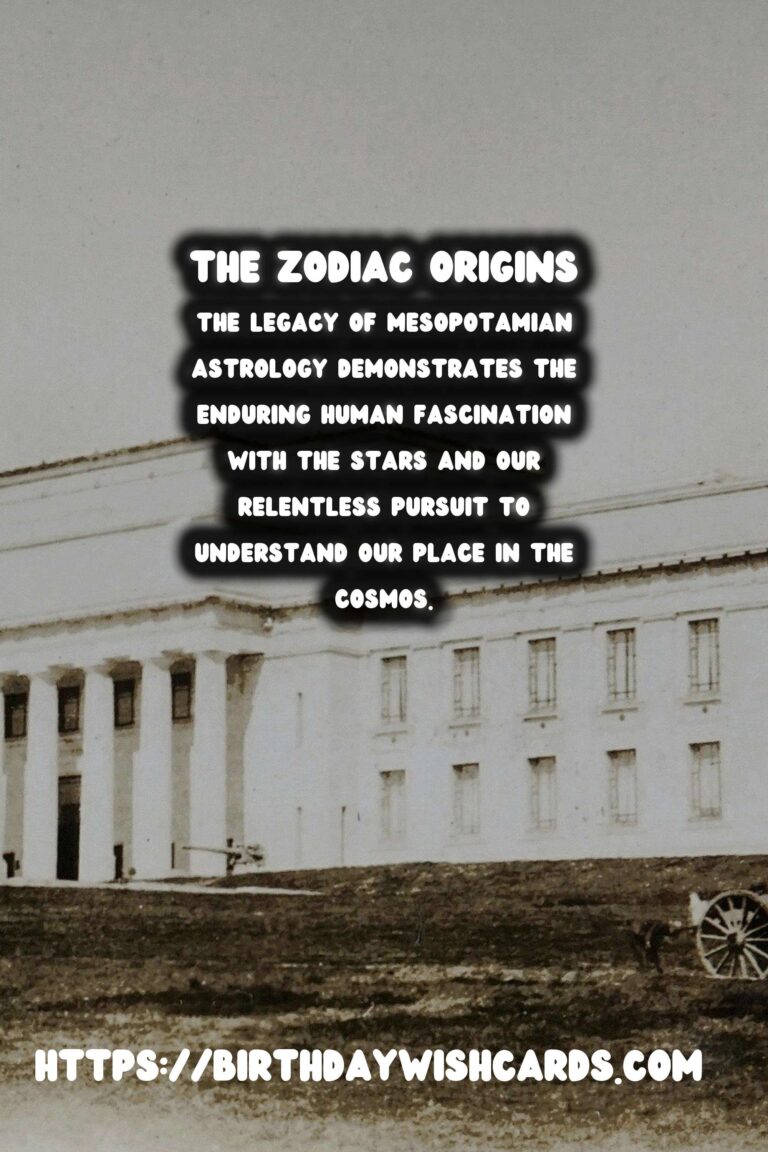
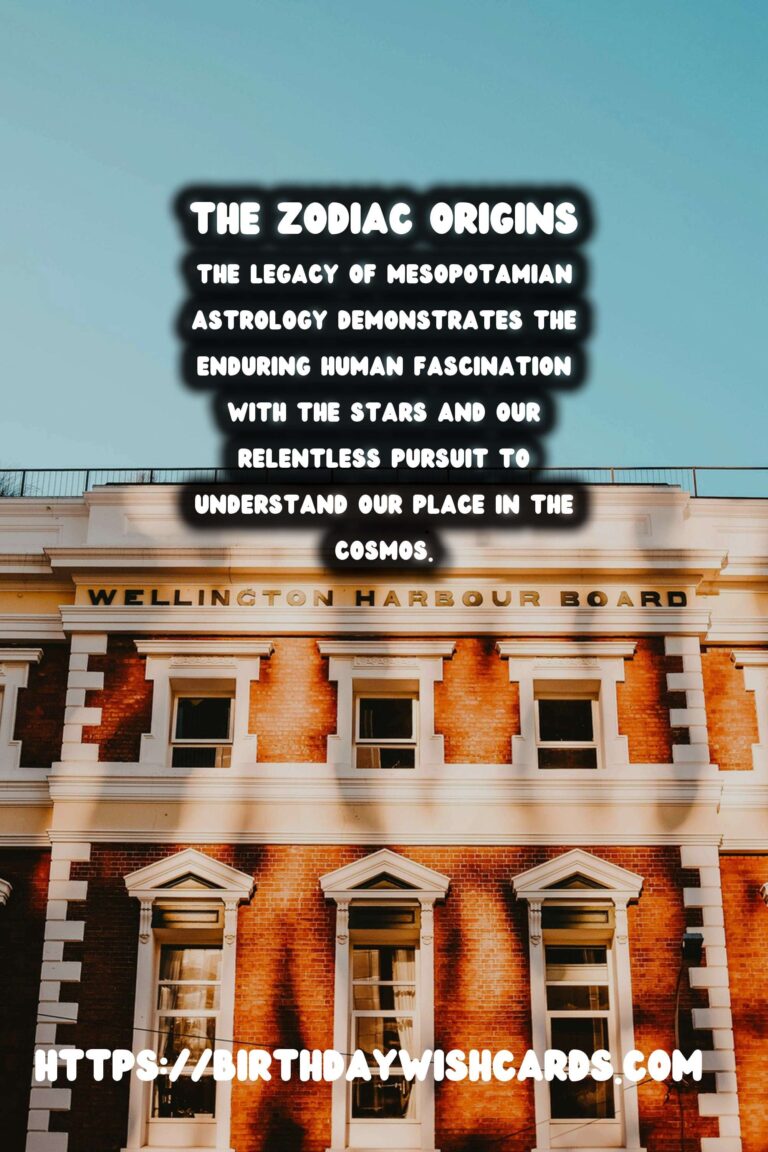

#Mesopotamia #Astrology




